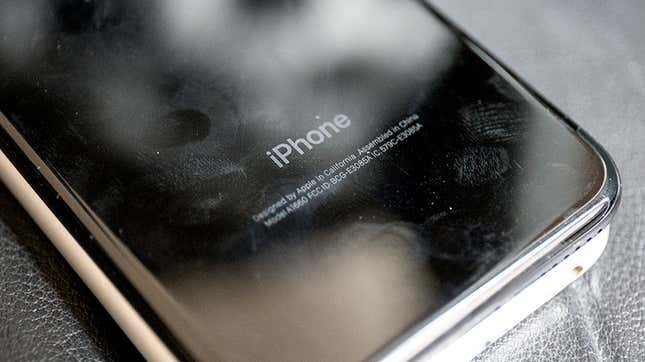
Now that Apple has actually admitted to using software updates to limit the performance of older iPhones, people are pissed. So naturally they went and did what any angry American customer would do: sue.
On Thursday, Apple was hit by two separate class action lawsuits, one filed in California, and another filed in Illinois. Both lawsuits are claiming the same thing, that Apple did not have user consent to slow down their phones.
While Apple will probably be quick to point out that the software updates in question were meant to prevent users from encountering unexpected shut downs on phones with degraded batteries, the Illinois suit claims that Apple’s failure to inform consumers about the full extent of these software updates is in direction violation of Illinois Consumer Fraud and Deceptive Business Practice Art, along with similar consumer protection laws in Indiana and North Carolina.
Meanwhile in Los Angeles, the suit filed by Stefan Bogdanovich and Dakatoa Speas claims “Apple’s decision to slow the operation of older phones to save battery life was never requested or agreed upon.” Bogdanovich, like a lot of long-time iPhone owners believes this tactic is a ploy by Apple to convince people to buy new phones.
In addition to these lawsuits, Apple’s admission about slowing down older iPhones in order to help extend the life of each phone’s battery may reignite the debate regarding right to repair legislation. A story on Motherboard claims that third party repair shops are already seeing an uptick in customers asking for battery replacements, which would be one way to side-step Apple’s performance throttling measures.
Interestingly, it’s possible both of these lawsuits could have been avoided had Apple just been more upfront about what its software updates were doing. In the California filing, Bogdanovich and Speas allege that Apple never requested user consent to slow the phones down and were never given the option to bargain or choose if they wanted their phones to perform slower than normal.
So maybe the big lesson here is that big multi-national tech companies need to be more transparent in how they behave. Wouldn’t that be nice?